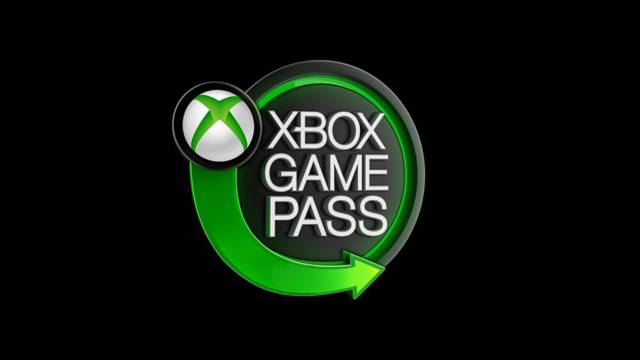The substantial growth of Netflix and other streaming services over the past decade was a surprise for many. Few could have foreseen the success they would have in such a short period. Now that these subscription services area mainstay in the public, it’s not surprising that game publishers want to get in on the action.
Google is using Stadia as the method for the process, attempting to use streaming to eliminate the need for hardware. Electronic Arts provided its catalog of games for a subscription, but it is mostly limited to that publisher. Microsoft, however, has been steadily improving Game Pass both on their console and on PC as its popularity has increased.
I’ve always seen this as a play to be able to have “Games as a Service” without the legal ramifications of “owning” a game. However, with the introduction of the Xbox Series S and its mobile phone-like monthly payment plan including Game Pass, it seems the goal is deeper. Microsoft seems to want to saturate the market with Game Pass-ready devices to build a subscription service for everyone.
Much like Netflix is easily accessible on numerous platforms, Game Pass is going to be available for every Windows PC and the increasingly affordable Series S. They even have cloud gaming on mobile as a possibility as well. Having these games available at every turn is a great way to get people to play a wider variety and to play them more often. The more developers and publishers that sign on, the higher chance they have of building an audience for their games.
The question remains, however, what does this do for Microsoft? Well, the obvious thing is the revenue from such a service. One of the best things in business is having a predictable income from a recurring service. It allows the company to align future endeavors based on the revenue that they know will be available without leveraging risk. It’s like having a loan without interest, assuming you can maintain the user base.
Today, Microsoft bought Zenimax, a company that owns the publisher and developer Bethesda as well as the rights to many game franchises like Doom. Acquisitions like this and that of Obsidian are notable, in part, because they will give value to Game Pass. With full games releasing on the service at launch, it’s easy to get people on board. Having an automatic backlog of every notable game under this ever-growing umbrella (including licensed games) is a shiny selling point for any of their consoles.
The biggest reason for this maneuver is one that Apple adopted years ago and prides itself on today. That is the creation of the “ecosystem.” By getting people sold on the functionality and features of Game Pass, it becomes a selling point. With this upcoming console generation, people may already be considering whether they still want to have Game Pass when deciding on a console. As physical copies of games fade away, future console generations will create the same debate.
This shift toward subscription-based gaming is one that will drive consumer adoption for the near future. I wouldn’t be surprised if Sony starts warping and twisting PlayStation Plus into a similar service structure. Just as people have been abandoning their movie collections in favor of affordable streaming subscriptions, the world of gaming will attract new patrons with this cheap alternative. For a growing number, being at the whim of your service providers seems to be an acceptable alternative to paying more and owning the content.




